The rising tar market is the most affected tar processing company. In the end tar can rise to what price? When will the tar situation become better? When will the demand for fuel oil tar decrease? How should tar processing companies face the current rising cost pressures? Problems such as these are the current concerns of many tar processing companies.
In fact, as the market is not difficult to see, the main reason for the current price increase of coal tar is the growing demand for fuel oil tar. According to relevant data, China's annual demand for various types of fuel oil is more than 40 million tons, of which the major ones are heavy oil, residual oil and other oil products in petroleum processing products. In addition, a very small amount of tar is also directly burned as fuel. At present, the production of coal tar in China is less than 7 million tons, the processing volume is now about 4.2 million tons, the tar processing rate is nearly 70%, and the rest is exported or used as fuel. In recent years, China has encouraged the deep processing of coal tar, limiting the export of coal tar resources or directly burning it as fuel to extract precious rare resources in coal tar and improve resource utilization. However, due to the continuous rise in the price of oil this year, the price of petroleum-based fuel oil products has risen. Currently, No. 180 fuel oil and No. 250 fuel oil have risen to 2,700 yuan/ton and 3,200 yuan/ton, respectively, and the cost of their downstream consumer companies has risen. The formation of greater pressure, thus making most of the fuel oil demand to cheaper coal tar and its processing oil, and coking enterprises to limit production makes tar available resources to reduce the tar supply increasingly strained.
As Shanxi, the country's main producer of coal coke chemicals, has also seen high prices rush to purchase tar. All tar production companies are currently in stock, and many companies have indicated that they are not in stock and need to queue up for cash advances. In the early days, there were still some companies whose stocks were waiting to go up. However, the current ultra-high prices have caused companies to dare not to stock too much. In the past, tar processing companies in Shanxi Province have not made any purchases for tar, but now they not only need to find sources everywhere, but also have to compete with fuel oil consumers for price competition. Due to the generally higher quotations from foreign fuel oil companies, many tar manufacturers are willing to sell oil fuel oil companies for their high profits, which makes tar processing companies difficult. Currently, many tar processing companies in Shanxi have stopped production or reduced production because they cannot buy raw tar. At the same time, in order to shift the cost pressure caused by the rise of raw materials, tar downstream products have also risen. However, the downstream processing products have lags behind and are less Raw material tars have risen, so tar processing companies are facing greater market challenges.
The tar tension has forced some companies to switch to foreign purchases of tar. Even in Shanxi, where coking companies are numerous, many tar processing companies have also turned to foreign markets for tar. The Shanxi Coking Group Co., Ltd., which is about to start production, has an annual output of 300,000 tons of tar processing projects and is currently worried about the lack of sufficient raw materials for processing. Because they did not purchase enough tar in Shanxi, they fought in other provinces such as Beijing, Tianjin and Hebei to purchase.
In the face of the current tar supply shortage, many tar processing companies have called for coal tar procurement to build a long-term, stable market and maintain a good market partnership. At the same time, the tar processing industry should speed up the integration and eliminate smaller-scale enterprises, truly realize centralized processing of coal tar, and improve the competitiveness of enterprises through concentrated processing of tar. This will be conducive to the deep processing of tar, extend the product chain, so that the tar processing industry to the centralized, energy-saving, efficient and clean development.
â‘ Hardness:
Due to the scientific synthesis of high-molecular polyurethane elastomer materials using iron rubber, the higher the hardness, the higher the modulus, the smaller the elongation, and the better the wear resistance and heat resistance. Well, in the range of minus 35 degrees Celsius to 100 degrees Celsius, and at a pressure of 60 to 70 MPa, the maximum sealing performance can be guaranteed.
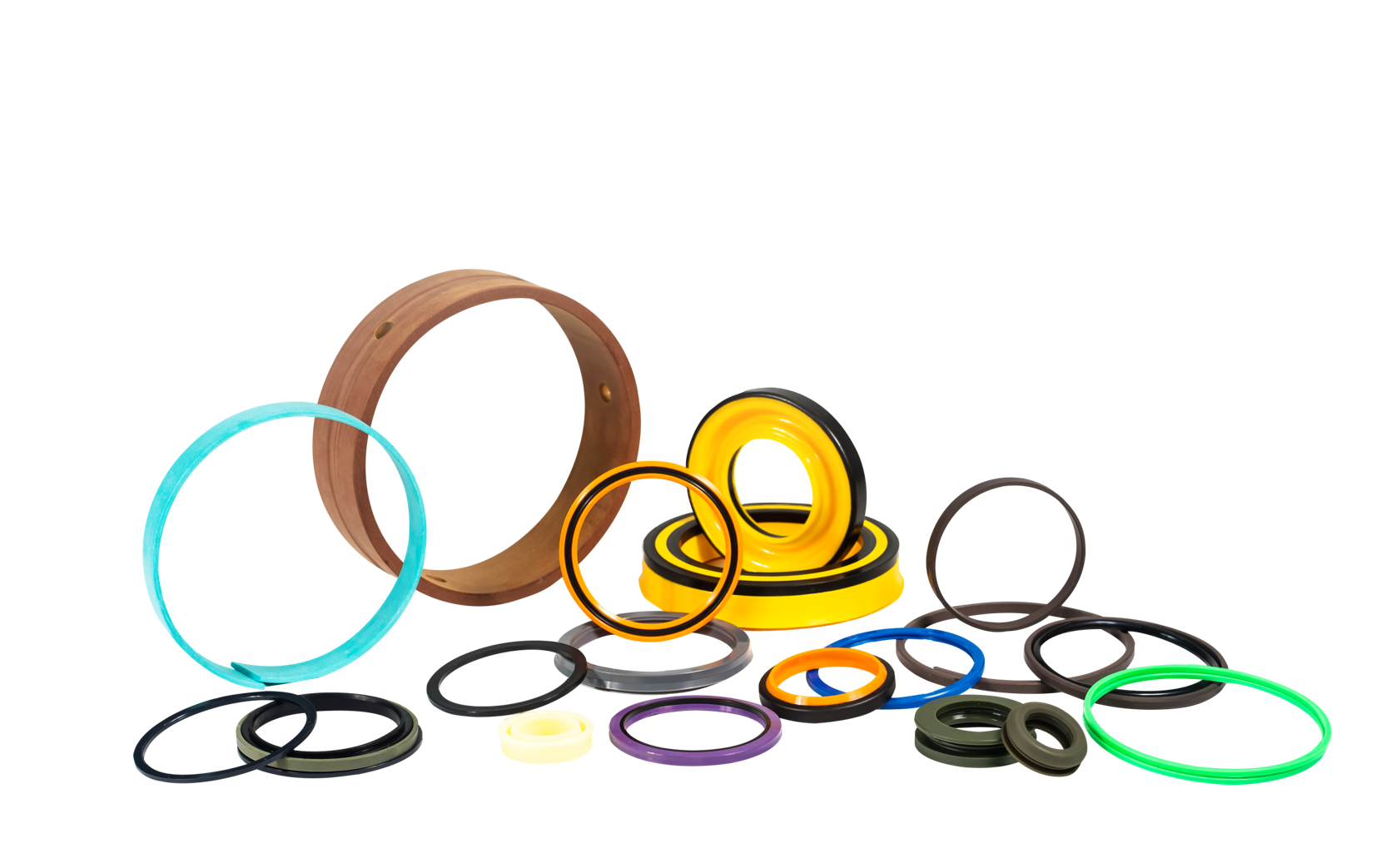
The use of viscoelastic seals made of nitrile rubber is the most complete protection against damage caused by back pressure. In the range of minus 55 degrees Celsius to 100 degrees Celsius, and under a pressure of 21MPa, due to the rubber The seal is often in a compressed state, so the compression performance of the rubber seal must be considered. It not only achieves enhanced anti-climbing performance and low friction resistance, but also has good performance in dealing with special low-temperature oil, and can also be used in combination with Anti-wear Ring double-purpose retaining ring BRL type.
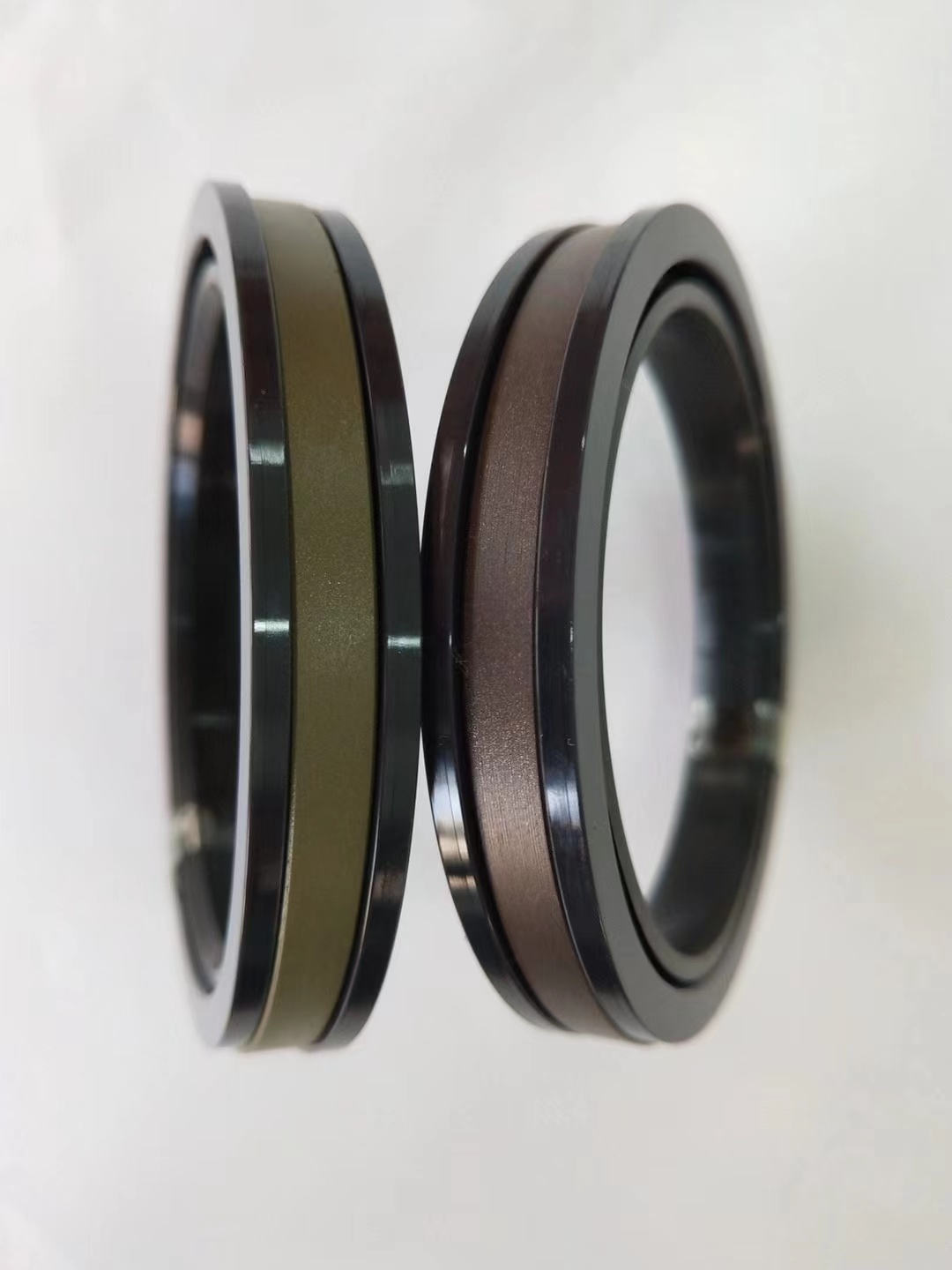
Sealing products made of polytetrafluoroethylene and nitrile rubber/PTFErubber; or seals made of nylon resin and nitrile rubber, which can be used in a wide range of applications with large pressure changes and fast sliding speeds According to the working condition, the input hydraulic pressure cutout is designed on the end face of the polytetrafluoroethylene ring to prevent penetration leakage. The maximum working temperature environment is minus 40 degrees Celsius to 160 degrees Celsius; the maximum working pressure is 50MPa.
SPGW piston seal
Material:PTFE+rubber elastomer+reinforced modified nylon
Temperature:Nitrile rubber -40~100℃
Speed:=1.0m/s
Pressure:≤50mpa
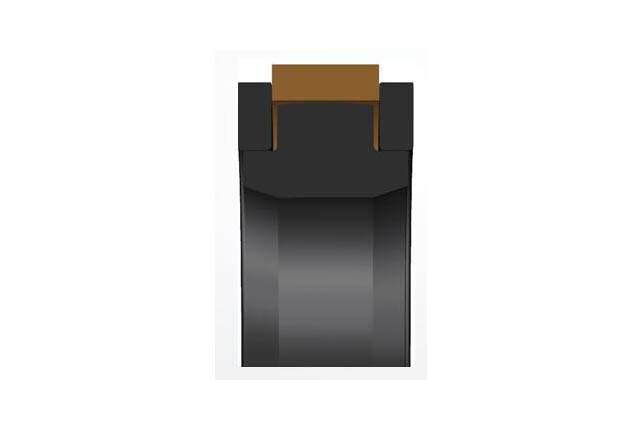
SPGO piston seal
Material:PTFE+rubber elastomer
Temperature:Nitrile rubber -40~110℃
Speed:=1.0m/s
Pressure:≤35mpa
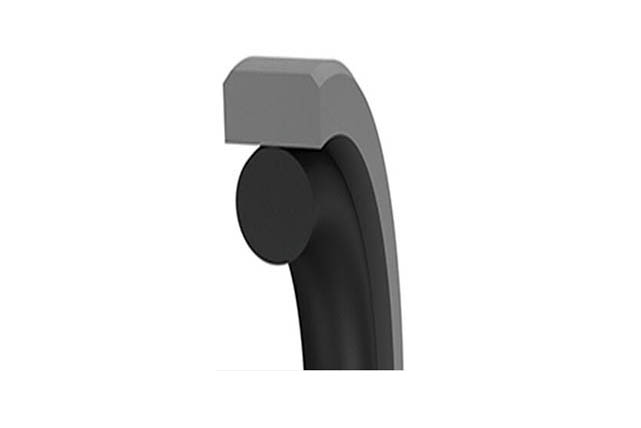
SRUV piston rod seal
Material:NBR+thermoplastic polyurethane
Temperature: -35`90℃
Speed:=0.5m/s
Pressure:≤40mpa
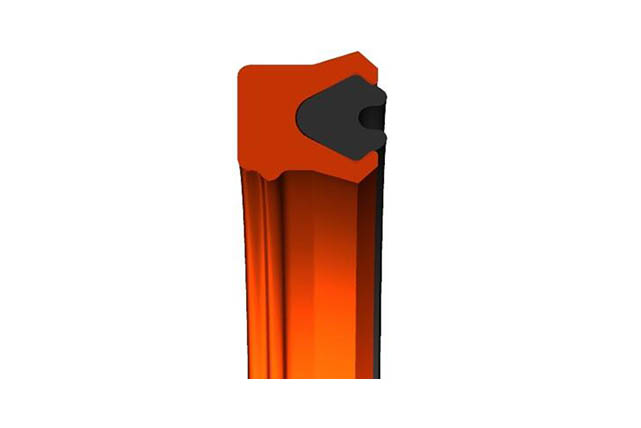
SRS piston rod seal
Material:PTFE+NBR
Temperature:-40~110℃
Speed:=1.0m/s
Pressure:≤40mpa
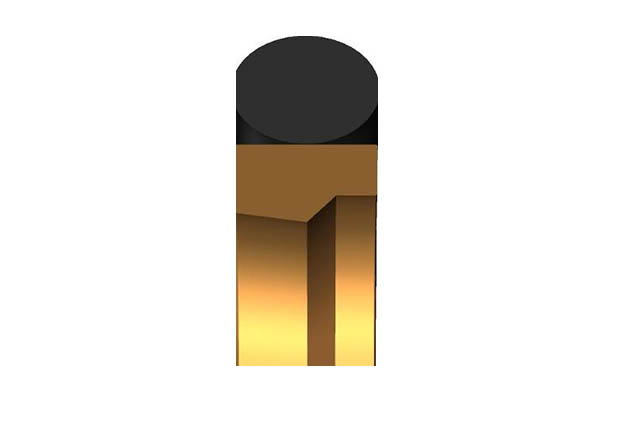
SRCB piston rod buffer seal
Material:Polyurethane+modified polyoxymethylene
Temperature: -35~110℃
Speed:=1.0m/s
Pressure:≤50mpa

SRU piston rod seal
Material:Polyurethane
Temperature:-35~100℃
Speed:=1.0m/s
Pressure:≤40mpa
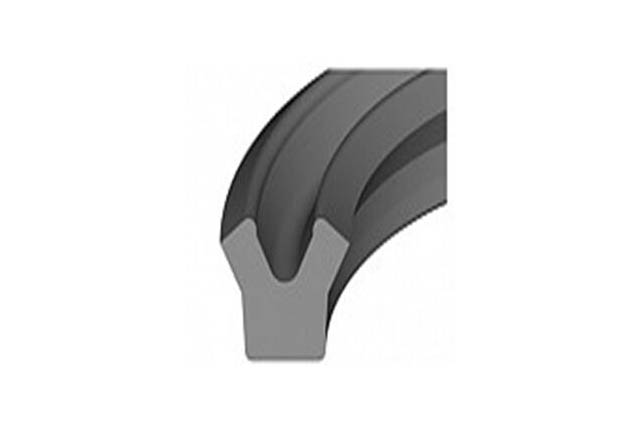
SRD iron case dust prevention
Material:Polyurethane+metal skeleton material
Temperature:-40~110℃
Speed:=1.0m/s
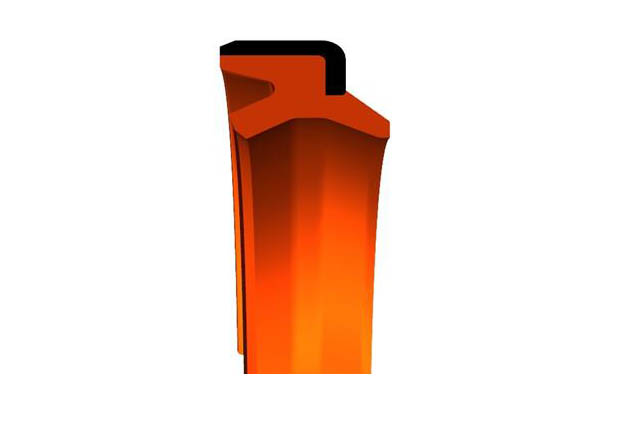
SRDI soft dustproof
Material:polyurethane
Temperature:-40~110℃
Speed:=1.0m/
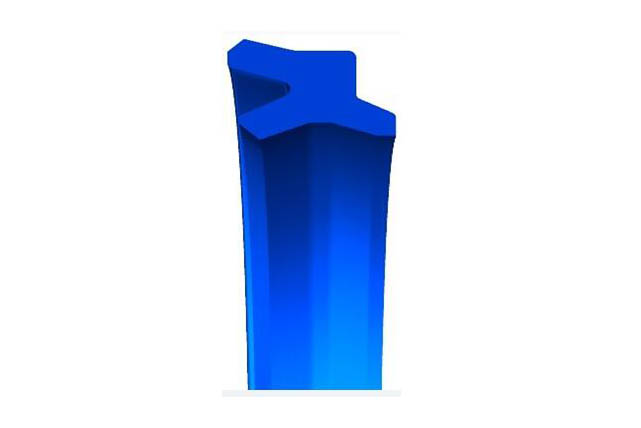
SDS Dumbbell Seal
Material:polyurethane
Temperature: -35~110℃
Speed:=0.5m/s
Pressure:≤50mpa

SPG piston combination seal
Temperature:
NBR+Polyurethane + Modified PolyoxymethyleneTemperature:-35`110℃
Speed:=0.3m/s
Pressure:≤70mpa
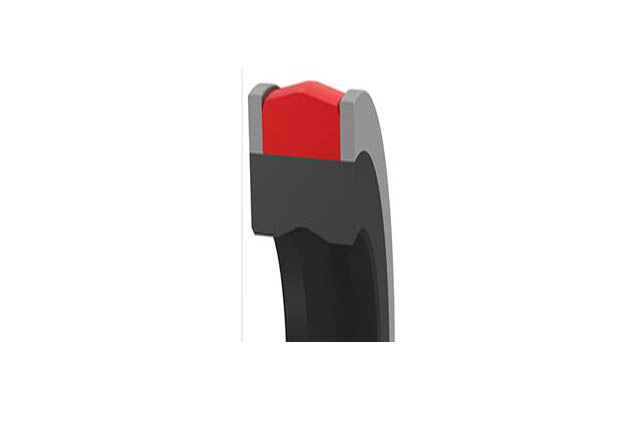
SRNL piston rod seal
Material
NBR+Polyurethane + Modified PolyoxymethyleneTemperature:-35`110℃
Speed:=0.3m/s
Pressure:≤70mpa
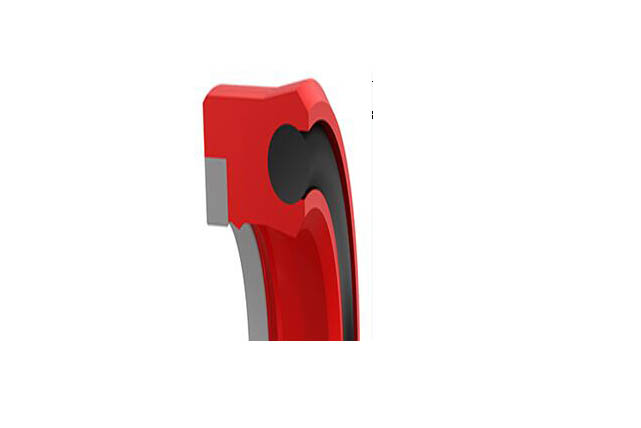
SRDF Piston Rod Seal
Material
Polyester rubberTemperature:-40`100℃
Speed:=1.0m/s
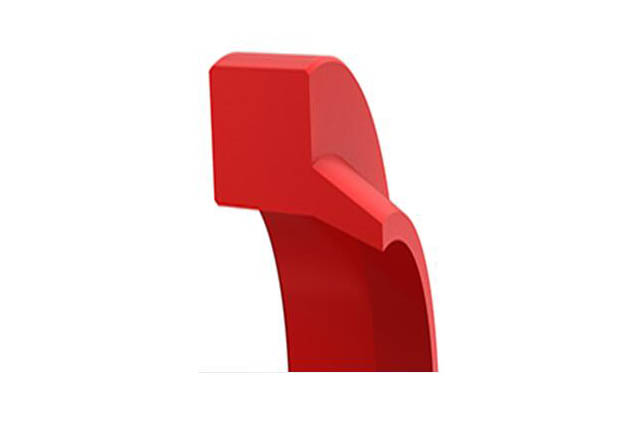
SDY Y-seal
Material:Polyurethane
Temperature:-35~110℃
Speed:=0.5m/s
Pressure:≤70mpa

KZT anti fouling ring
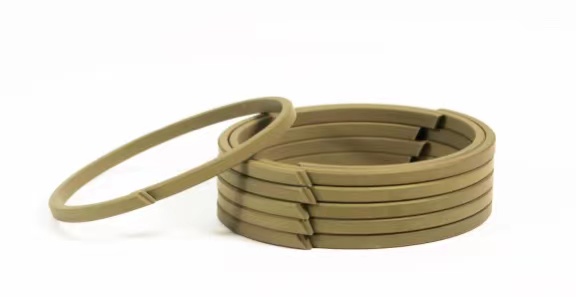
SDS Steffel
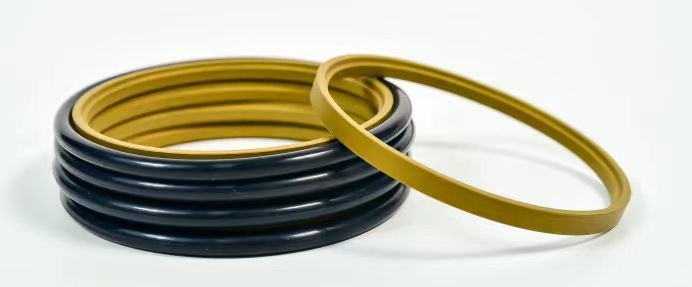
Piston main oil seal
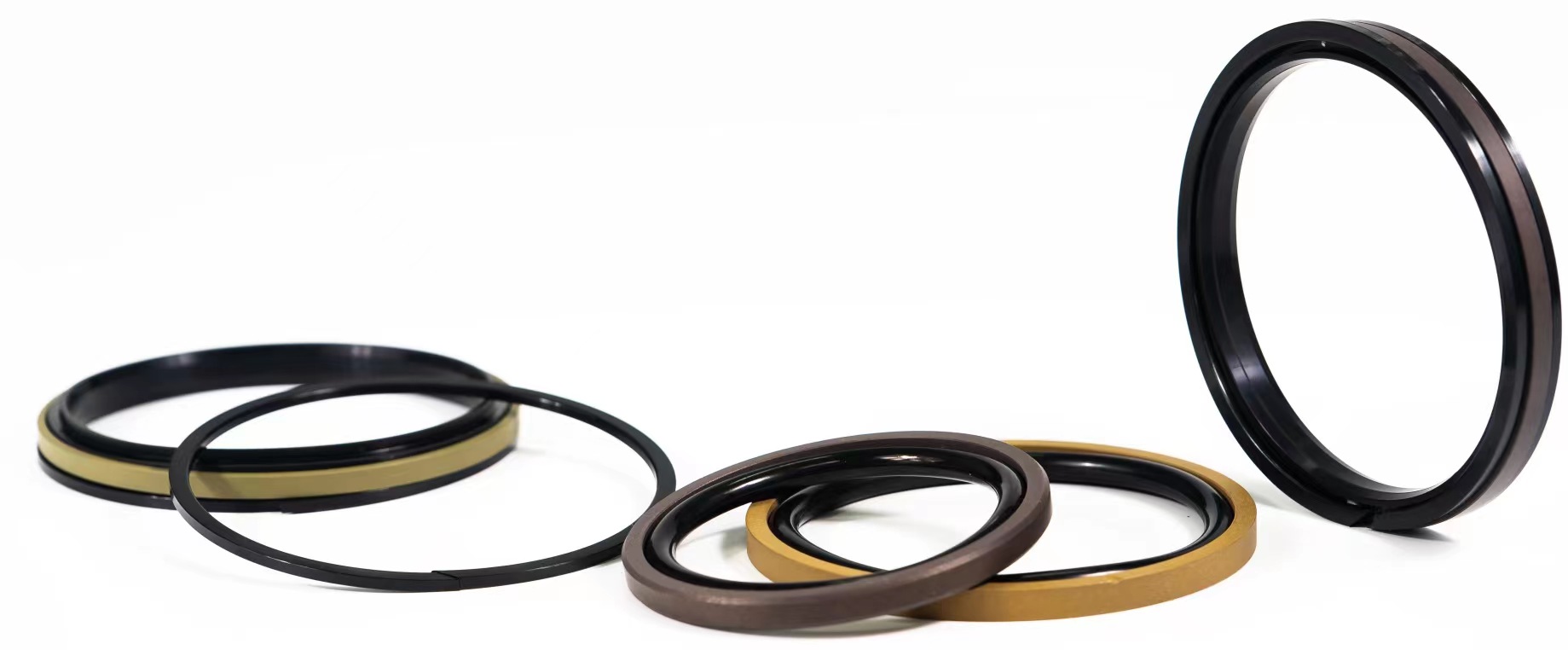
oil seals,hydraulic oil seal,track link oil seal,TCV oil seal,O-ring
Safe Seal Technology Co., Ltd. , https://www.sprsealkits.com